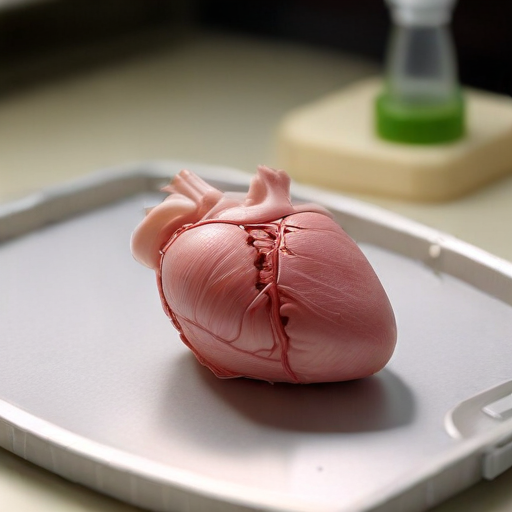The World Economic Forum (WEF) has highlighted a significant gap between the demand for organ transplants and the supply of available donor organs. This shortage has prompted scientists to explore innovative solutions over the past thirty years, notably through the use of gene editing technologies, which may enable the transplantation of animal organs into human patients.
Advancements in gene editing, particularly with tools like CRISPR-Cas9, have allowed researchers to modify the genomes of pigs. For example, they can eliminate genes associated with viruses that pose a risk to transplant recipients. This progress has demonstrated encouraging results, with some non-human primates managing to thrive for extended periods—sometimes months or even years—when given pig kidneys or hearts.
The potential of xenotransplantation, which involves using animal organs for human transplants, could revolutionize treatment options for millions of individuals, significantly enhancing their quality of life. Additionally, the widespread use of animal organs could lead to transformative changes within the healthcare economy, providing new avenues for treatment and care.
Beyond organ transplants, insights into genetic make-up could pave the way for novel therapies for other serious conditions, including diabetes and Parkinson’s disease. Nevertheless, the application of xenotransplantation is not without its challenges; ethical concerns surrounding the practice necessitate further investigation and dialogue.
This exploration into xenotransplantation represents hope for countless patients awaiting organs. By leveraging cutting-edge technology and scientific ingenuity, the healthcare landscape may be on the cusp of a breakthrough that could bridge the organ donation gap. As research continues, it remains essential to address the ethical considerations to ensure that such advancements benefit society as a whole.
